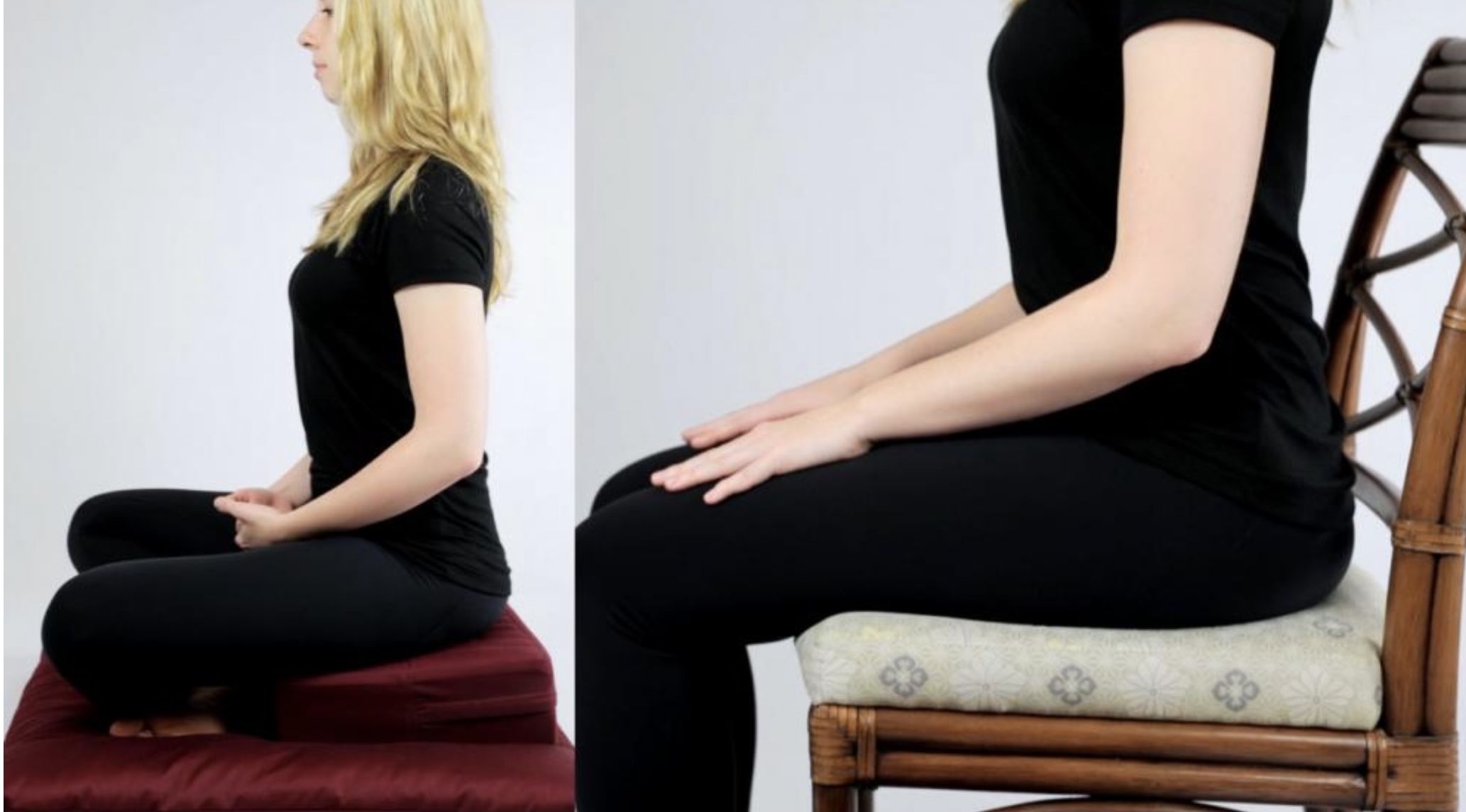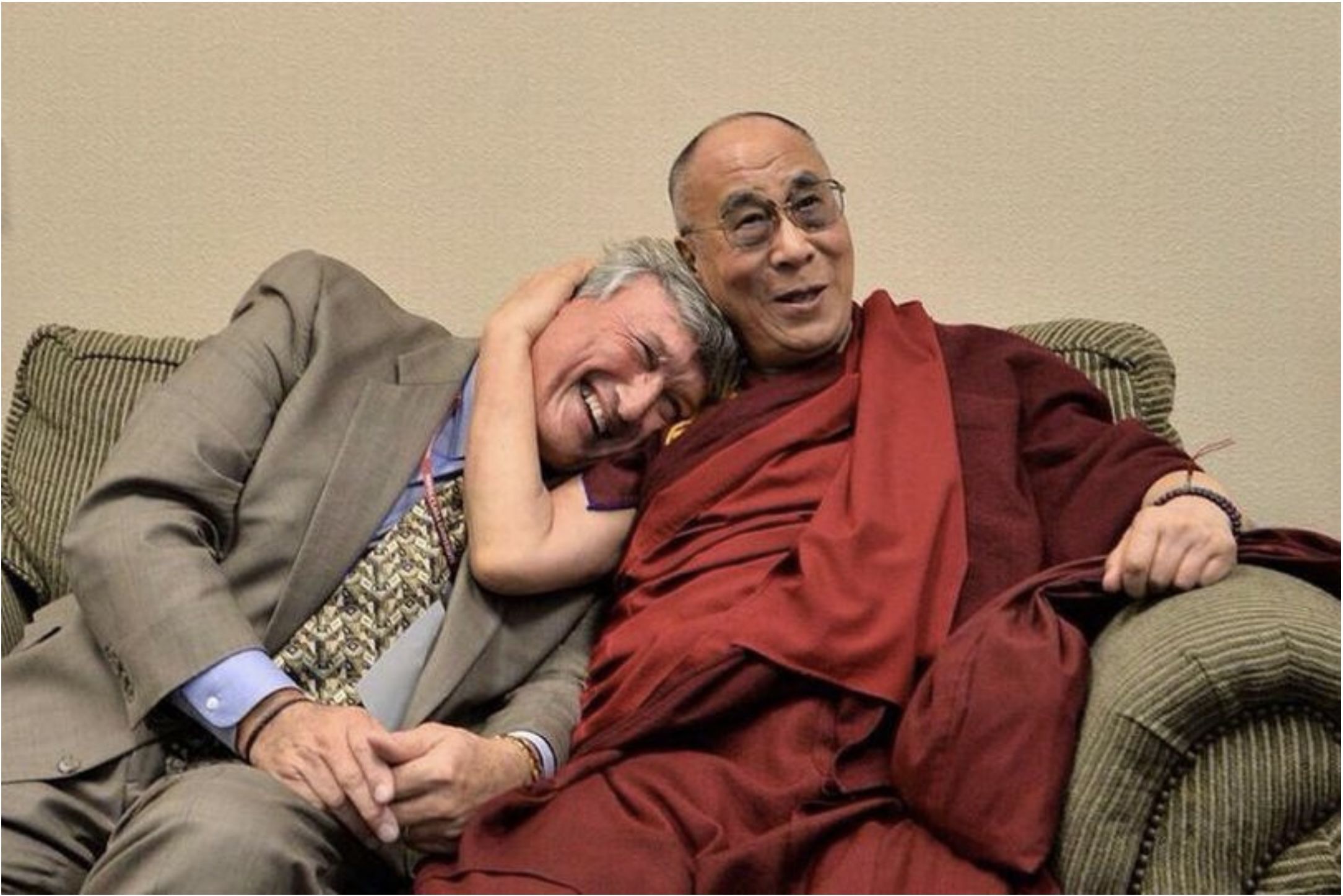“MINDFULNESS makes your brain quicker,” say scientists.
My good friend Dr Jim Doty, a leading neurosurgeon based in Stanford University and the director of Stanford CCARE (Centre for Compassion and Altruism Research), has told me that for the doubting Thomases amongst us, science has now proved the many benefits of mindfuness practice.
A study that examined the effects of mindfulness meditation on the brain has confirmed what many who practice have long suspected.
Buddhist monks have been certain of it for centuries, while late adopters in the west have recently come around to the idea. Now researchers have added scientific weight to the notion that daily mindfulness practice can make your brain quicker and improve your ability to concentrate.
Researchers used brain scans to see how practising mindfulness meditation for 10 minutes a day changed the cognitive behaviour of 10 students.
Comparing scans from before and after the eight-week trial revealed that mindfulness led to faster switching between the brain’s two general states of consciousness: the ‘default mode network’, which is active when the brain is awake but not focused, such as during daydreaming; and the ‘dorsal attention network’, when the brain engages for attention-demanding tasks.
The results of the study, demonstrated that after the mindfulness course, participants had better brain connections between – and within – the two networks.
The findings indicate the potential effects of mindfulness on enhancing the brain capability of fast switching between mind wandering and focused attention and maintaining attention once in attentive states, the study concluded.

Practice for just 10 minutes a day can improve concentration and make the brain quicker. Something I know that I personally need for existing in these modern times and especially during our present pandemic which at times can create pandemonium in our lives, being constantly bombarded with information of what we can and cannot do,due to Covid. So what better way to take care of ourselves in the midst of this chaos?
As my granny McCusker from Gibson Street would say sometimes: “I haven’t the time to breathe”– and to be honest the folk back then knew what they were talking about. So let’s give ourselves the gift of practice that makes sure that we always make and have the time to breathe. Here’s what I suggest you do.
1) Find somewhere comfortable to sit.
Sit in a chair with your feet flat on the floor, in a place where you won’t be disturbed. You could also choose to sit cross-legged on the floor, kneel, or even lie down – all are fine, as long as you can stay in the position comfortably for 10 minutes. You might wish to use a timer so you know when to finish.
2) Focus on your breathing.
Close your eyes and bring your attention to your body, taking a moment to notice any physical sensations and emotions. Now place your attention on your breath, following it in and out. You might notice your breath at your nostrils, or the rising and falling sensation in your belly, for example. If your mind wanders, as it inevitably will, gently bring your attention back to your breath.
Avoid judging yourself when doing this; once you realise you are caught in thinking, simply let the thoughts go and return your attention back to your breath each time. When 10 minutes have passed, gently open your eyes. Pause for a moment to notice your surroundings, including any sounds or smells. Notice how you feel. Then continue with your day.
Remember what the great, late Leonard Cohen sang: The birds they sang at the break of day, Start again, I heard them say, Don’t hold on to yesterday or what has yet to be. Ring the bell the bell that rings, forget your perfect offering. There is a crack in everything. That’s how the light gets in.
No candle’s light lessens, through lighting another.
Keep ’er lit.







